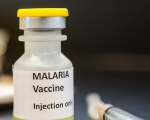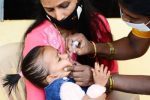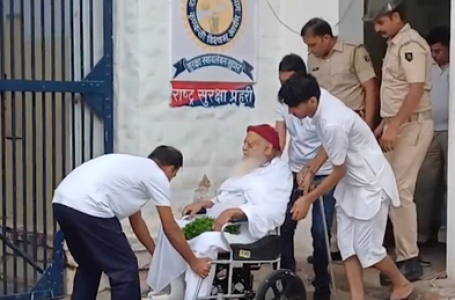
Geneva: The World Health Organization (WHO) has reported that cholera outbreaks, driven by conflict and poverty, are worsening across multiple countries and pose a significant global public health challenge.
The latest Disease Outbreak News said that 409,000 cholera cases and 4,738 deaths were reported across 31 countries between January 1 and August 17 2025, with six countries reporting case fatality rate exceeding 1 per cent.
According to the data, the Eastern Mediterranean Region registered the highest number of cases, while the African Region reported the most deaths.
The report warns that conflict, mass displacement, natural disasters, and climate change are driving the spread of cholera, particularly in rural and flood-affected areas with weak infrastructure and limited healthcare access. These cross-border challenges have made outbreaks increasingly complex and difficult to contain.
WHO stresses that access to safe drinking water, sanitation, and hygiene remains the only sustainable long-term solution to end the current cholera emergency and prevent future ones. Given the scale, severity, and interconnected nature of the outbreaks, the risk of further spread both within and across countries is assessed as very high, Xinhua news agency reported.
To curb transmission, WHO recommends strengthening surveillance, improving case management, scaling up Water, Sanitation, and Hygiene (WASH) interventions, conducting vaccination campaigns, and enhancing cross-border coordination to implement public health measures.
According to the WHO, Cholera is an acute diarrheal infection caused by consuming food or water contaminated with the bacterium Vibrio cholerae. It is a global public health threat and indicates inequality and a lack of social and economic development. Access to safe water, basic sanitation and hygiene is essential to prevent cholera and other waterborne diseases.
Most people with cholera have mild or moderate diarrhoea and can be treated with oral rehydration solution (ORS). However, the disease can progress rapidly, so starting treatment quickly is vital to save lives. Patients with severe disease need intravenous fluids, ORS and antibiotics.
Countries need strong epidemiological and laboratory surveillance to swiftly detect and monitor outbreaks and guide responses.
Cholera outbreaks occur regularly in some countries. In others, they are less frequent, and it may be years between outbreaks. Cholera is linked to limited access to safe water, basic sanitation facilities and poor hygiene practices. This may be due to conflict, population displacement, climate events like cyclones, floods or drought, and lack of investment in maintaining and improving WASH services and infrastructure.
The number of cholera cases reported to the WHO has continued to rise in recent years. In 2023, a total of 535,321 cases and 4007 deaths were reported to the WHO from 45 countries. The discrepancy between these figures and the numbers estimated by researchers is likely due to limited surveillance systems and cases not being recorded out of fear of repercussions for trade and tourism.
IANS


















